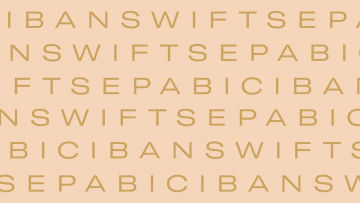What is a banking license?
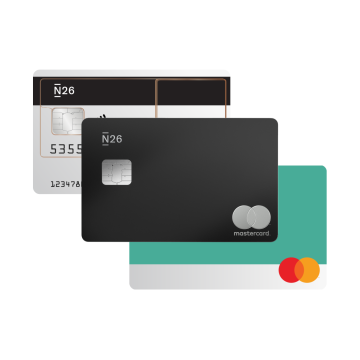
Banking license, defined
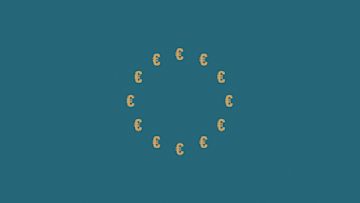
Types of banking licenses
Traditional licenses
Traditional licenses support big corporations with large scale operations, such as those with banking branches offering in-person services.
Fintech (or virtual) license
Fintech (or virtual) licenses are available to digital-only banks operating solely online to focus on digital customer experiences.
Extended licenses
Extended licenses allow a fintech company to partner with a parent bank so that they can operate under their license.
E-money licenses
E-money licenses allow companies to offer payment and financial services like transfers and currency exchange, but they don’t allow them to operate as a bank or manage deposits.
What does fintech mean?
“Fintech” stands for financial technology, and is a label applied to companies offering banking services through specialized software. The goal of fintech companies is to improve the delivery and quality of banking services—making money management simpler and quicker for the consumer. Fintech start-ups are disrupting the traditional banking sector. By offering banking services online instead of in branches, they give customers the power to handle their finances directly from their smartphones.Banking license vs. e-money license
- E-money firms must use a partner bank to hold funds, and your money isn’t protected by the European Deposit Guarantee Scheme (DGS).
- A licensed bank holds their customers’ funds themselves, and deposits are protected up to €100,000 by the DGS. This means that even if your bank should fail, up to €100,000 of your money would still be paid out to you.

How to apply for a banking license
- E-money license applications take up to 15 months and cost between €1,500 and €3,000.
- Banking licenses take up to 18 months and are more expensive—around €25,000.

Should I sign up for a licensed bank?
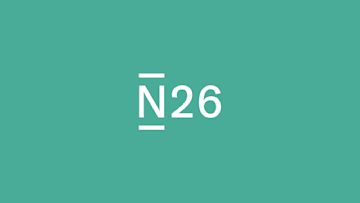
Banking licenses: Regulations and compliance
Banking licenses are under really tight regulatory control. Regulatory bodies like the Federal Reserve in the U.S. or the European Central Bank in the EU enforce strict rules to keep the financial system stable and protect consumers. Banks have to follow rigorous compliance standards, including anti-money laundering (AML) regulations and know-your-customer (KYC) procedures. Regulations like these are crucial for managing credit risk, operational risk, and market risk. Compliance isn’t a one-time thing — it’s an ongoing process that takes a lot of resources and expertise. Banks need to stay on top of regulatory changes and invest in solid compliance systems to avoid penalties and damage to their reputation.Find a plan for you
N26 Go
The debit card for everyday and travel
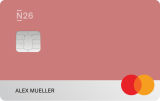
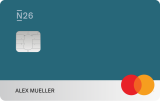
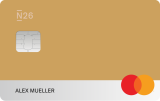
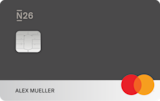
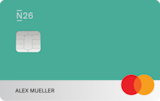
€ 9,90/month
Up to 5 free withdrawals in the Eurozone
Flight and luggage delay cover
Medical emergency cover
Winter activities insurance
Pandemic coverage
N26 Metal
The premium account with a metal card

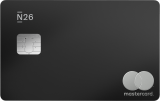

€ 16,90/month
An 18-gram metal card
Up to 8 free withdrawals in the Eurozone
Purchase protection
Phone insurance
Dedicated N26 Metal line
